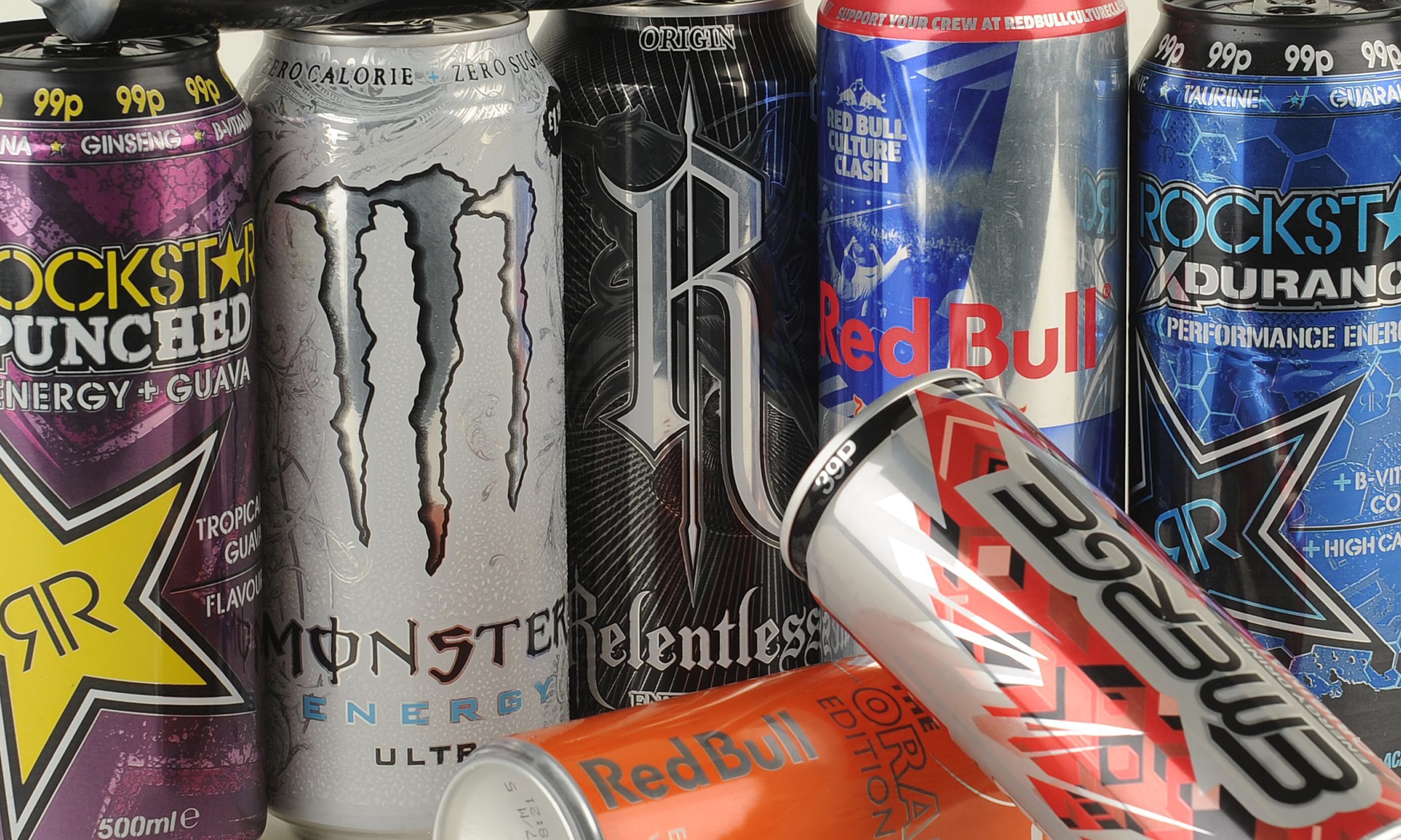A leading nutritionist has warned children and teenagers are being “bombarded” by adverts for high-caffeine energy drinks.
Kawther Hashem, a nutritionist and researcher with pressure group Action on Sugar has backed The Courier’s campaign to ban drinks like Monster and Red Bull for schools in Tayside and Fife.
But she said not enough is being done to alert consumers to the health risks posed by over consumption of these drinks and said their “adventurous and trendy” marketing campaigns are being aimed at young and impressionable consumers.
She said: “I think (a ban in schools) it is definitely a good idea. The dangers of energy drinks consumption are two-fold – the amount of sugar and the amount of caffeine.
“Not enough has been done to let consumers, particularly children and teenagers, know about the dangers of energy drinks.
“Instead they are bombarded with all the adventurous and trendy marketing associated with these brands.”
Action on Sugar survey 197 energy drunks and found 789% of them have such high levels of sugar they would receive a red label under the traffic lights system of food warnings.
They discovered half of the drinks contain the same amount or more sugar than Coca Cola per 100 ml – the equivalent of nine teaspoons of sugar per 330ml can.
The worst offender per portion was Rockstar Punched Energy + Guava Tropical Guava Flavour which had staggering 20 teaspoons of sugar per 500ml can.
It is recommended that pre-teens and teens should have no more than five to eight teaspoons of sugar a day.
“There is no reason why energy drinks that are high in sugars can’t be reduced dramatically, as there are similar products on the market with much less sugar,” said Mr Hashem.
UK Advertising Codes prevent products that are high in fat, sugar or salt from being advertised during programmes aimed at children under 16, while adverts for food and drinks cannot promote unhealthy lifestyles.
A public consultation was launched in May over introducing similar restrictions in other media, including online.
A spokesman for the Advertising Standards Agency said: “The protection of children sits at the heart of the advertising rules and our work.
“That’s why our sister organisation, the Committee of Advertising Practice (CAP), who are the body responsible for writing the non-broadcast advertising rules, recently launched a full public consultation on introducing new rules on the advertising to children of food and soft drink products in non-broadcast media, including online.”
He added: “The available evidence shows that advertising has a modest effect on children’s food preferences.
“However, while other factors like parental influence, opportunities for physical exercise, education etc play greater roles in the causes of and solutions to childhood obesity, CAP has launched its consultation in response to wider societal concerns around childhood obesity, as well as the need to ensure the advertising rules reflect changing media habits amongst young people.”
For more on our Can It campaign, click here.
